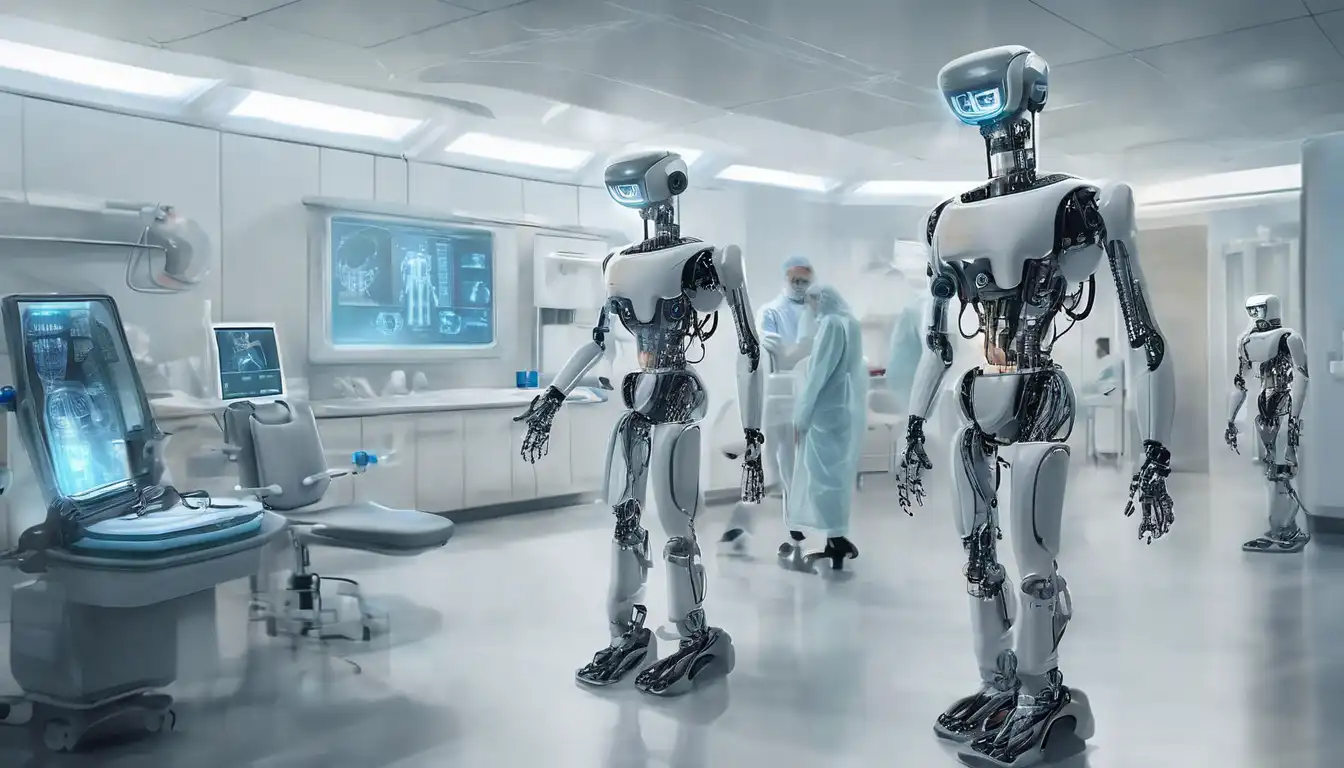The Next Era of Robotics in Healthcare
The integration of robotics into healthcare is transforming patient care, surgical procedures, and rehabilitation processes. This technological advancement is not just a glimpse into the future; it's a present reality that's reshaping the healthcare industry. From robotic surgery to automated patient monitoring systems, the potential for robotics in healthcare is boundless.
Robotic Surgery: Precision and Efficiency
Robotic surgery has become a cornerstone in modern medical procedures, offering unparalleled precision, flexibility, and control. Surgeons can perform complex procedures with minimal invasiveness, reducing patient recovery time and improving outcomes. The da Vinci Surgical System is a prime example, enabling surgeons to operate with enhanced vision and precision.
Automated Patient Monitoring
Automated patient monitoring systems are revolutionizing the way healthcare providers track patient health. These systems can continuously monitor vital signs, alerting medical staff to any changes that may require immediate attention. This not only improves patient safety but also allows healthcare professionals to focus on more critical tasks.
Rehabilitation Robotics
Rehabilitation robotics are aiding patients in recovering from strokes, spinal cord injuries, and other conditions. These devices support and enhance the patient's mobility, helping them regain strength and independence. The use of robotics in rehabilitation is a testament to how technology can foster recovery and improve quality of life.
The Future of Robotics in Healthcare
The future of robotics in healthcare is bright, with ongoing research and development paving the way for more innovative applications. From nanorobots that can target and treat diseases at the cellular level to robotic prosthetics that offer enhanced mobility, the possibilities are endless. As technology advances, so too will the capabilities of robotics in healthcare, offering new hope and solutions for patients and providers alike.
For more insights into how technology is transforming healthcare, explore our articles on medical technology and innovation in healthcare.
Challenges and Considerations
Despite the promising future, the integration of robotics into healthcare comes with its set of challenges. High costs, training requirements, and ethical considerations are just a few of the hurdles that need to be addressed. However, with continued investment and research, these challenges can be overcome, making robotics an integral part of healthcare.
In conclusion, the role of robotics in healthcare is expanding rapidly, offering innovative solutions to age-old problems. As we look to the future, it's clear that robotics will continue to play a pivotal role in advancing patient care and medical procedures. The journey of robotics in healthcare is just beginning, and its full potential is yet to be realized.
